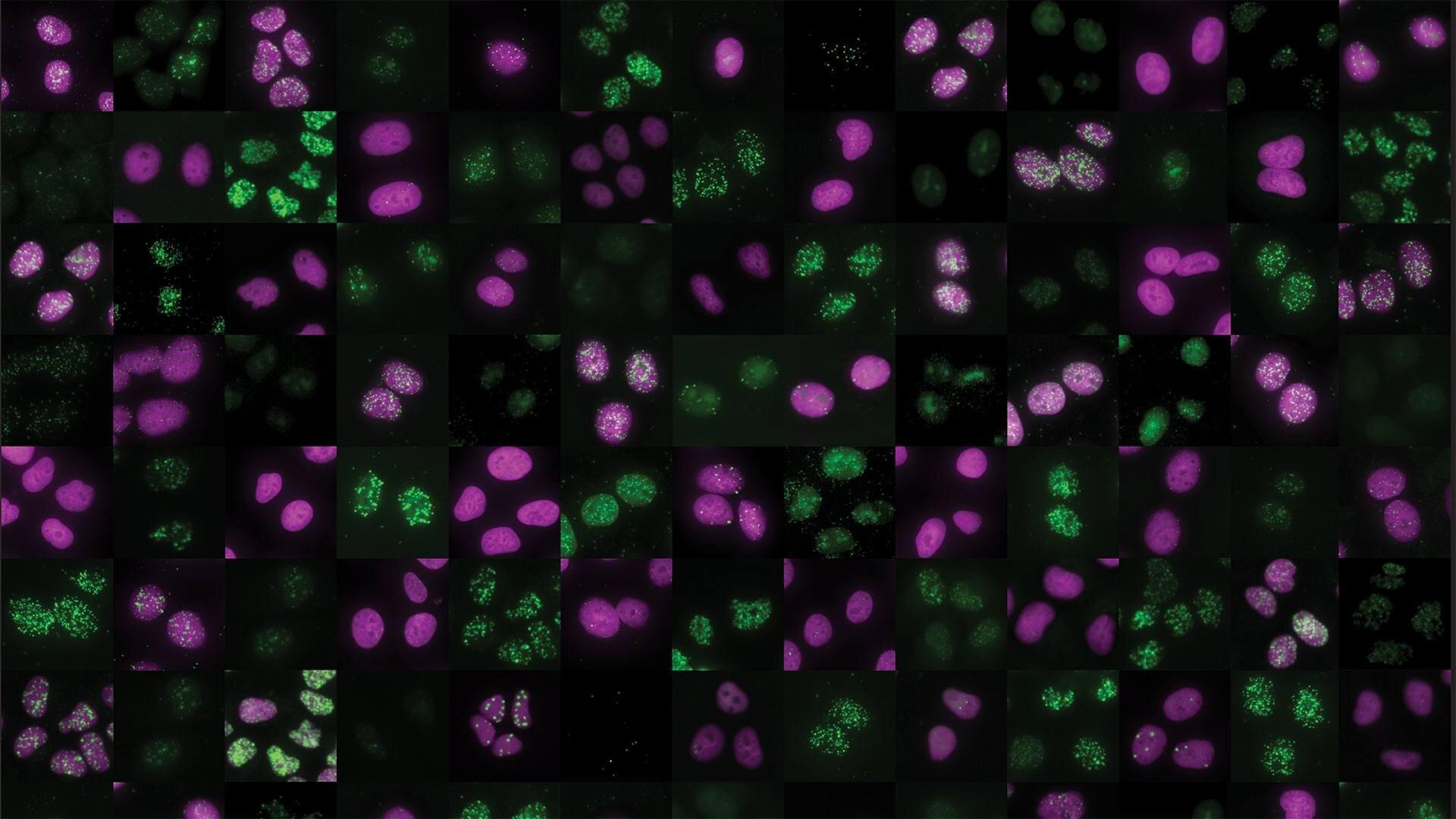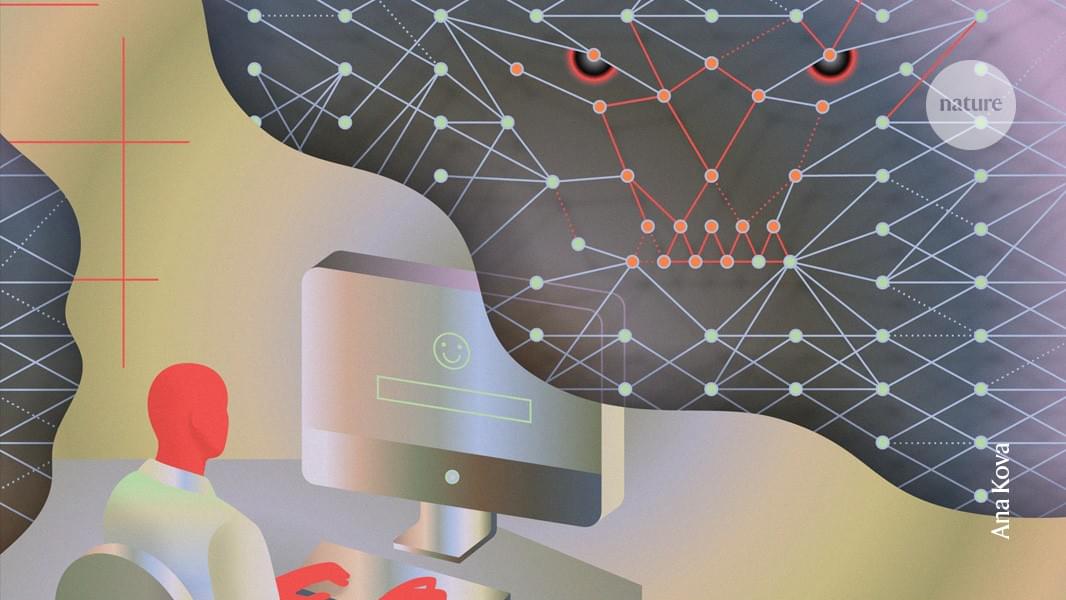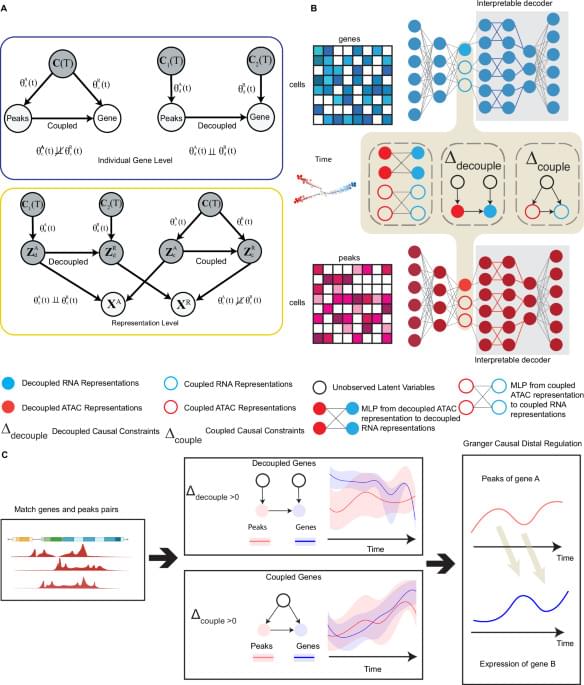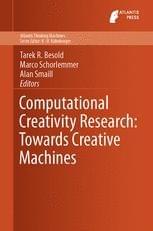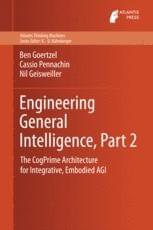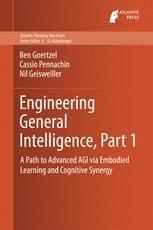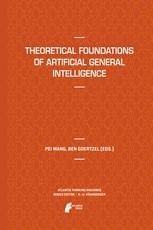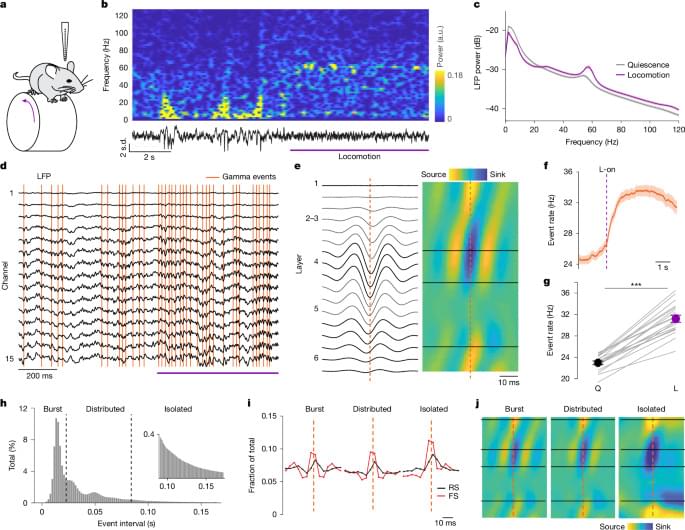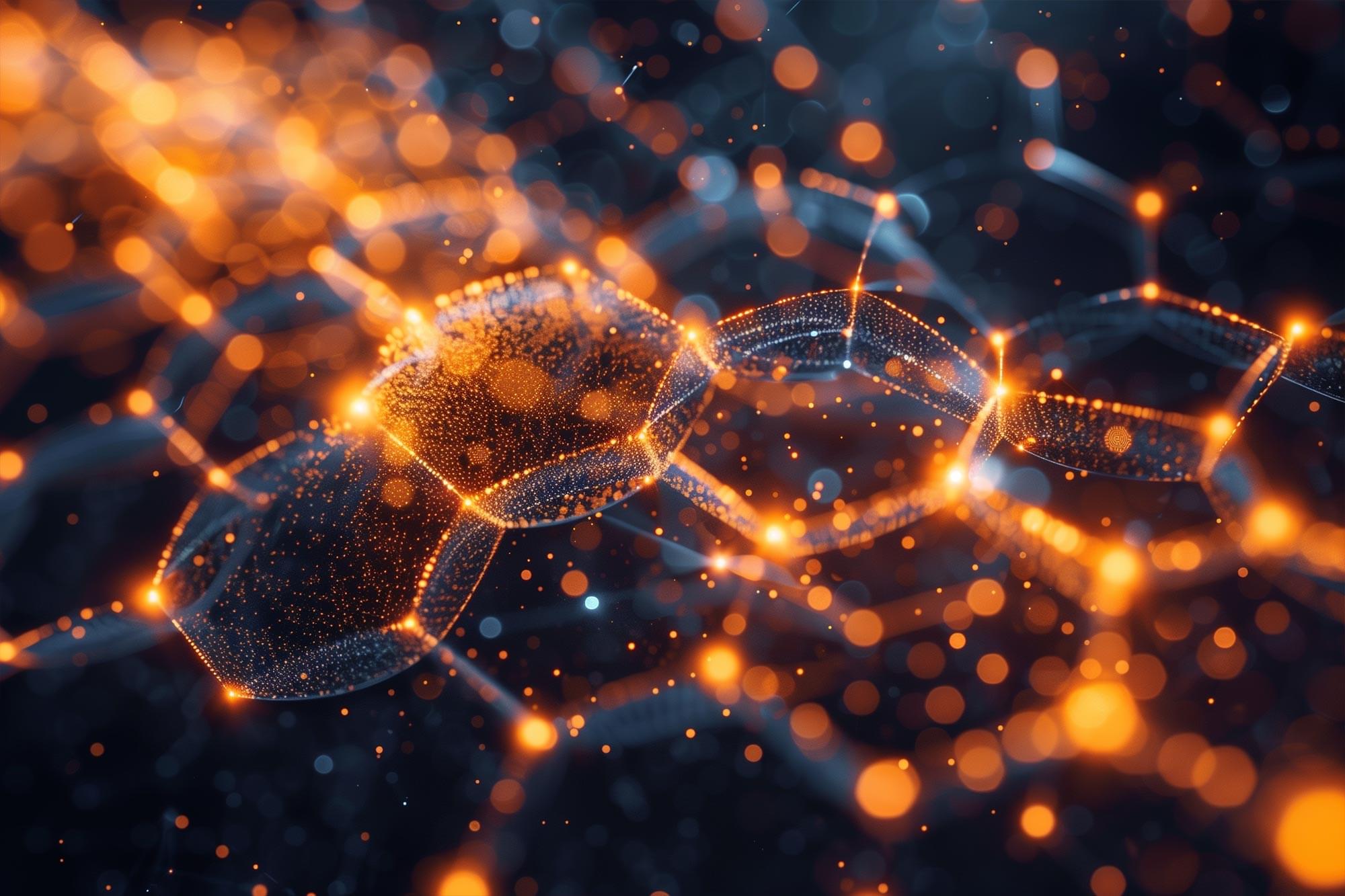Mayo Clinic researchers have identified a protein that acts like a traffic controller for DNA, preventing damage during cell division—a discovery that could lead to new cancer therapies, according to a study published in Nature.
“DNA is the code of life. It’s critical for how a cell functions, but it’s also critical for our own being and defines what we are,” says Zhenkun Lou, Ph.D., the Swanson/Schmucker Endowed Professor to Support Health and Cancer Research at Mayo Clinic and the senior author of the new study.
When cells divide, DNA must be copied from one cell to the next—a process called replication. Dr. Lou’s research team discovered that a protein called KCTD10 plays a surprising role in protecting DNA during this critical stage. Acting like a built-in sensor, KCTD10 helps shield the DNA replication machinery from damage.
